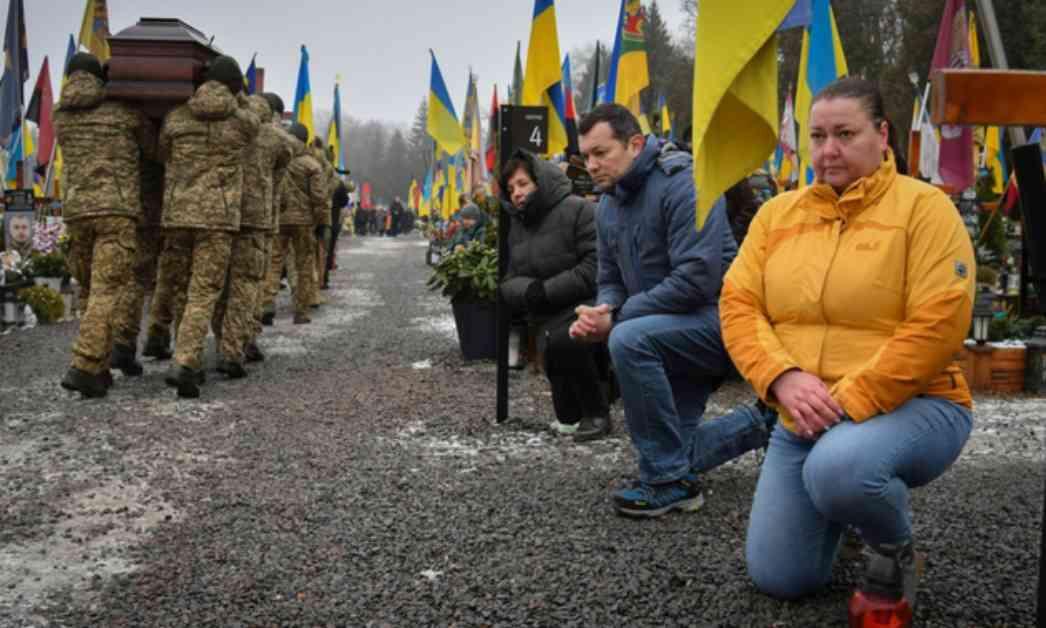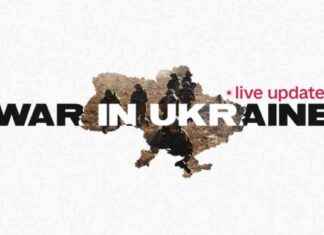Russia Attacks Kyiv on New Year’s Eve With Drone, Missile
Kyiv Post recorded explosions at around 8 a.m. in the Ukrainian capital, with preliminary reports from authorities stating that three buildings and two cars were damaged by missile debris.
War fatigue is spreading. In a Facebook post, Ukrainian political scientist Volodymyr Fesenko reflects on how the mood in Ukraine has changed: Probably for the first time since the start of the full-scale Russian invasion, two clearly opposing camps have emerged regarding the dilemma of choosing between war and peace. To sum up the results of various surveys, about a third of Ukrainians are fiercely opposed to any agreements with Russia aimed at ending the war. But about a third of Ukrainians take the opposite view – they are willing to agree to an end to the war, even if it means making territorial concessions.
Putin needs war as a permanent state. In a Telegram post picked up by Russia’s Echo, political scientist Vladimir Pastukhov sees no interest on the Russian side in ending the war in 2025: Putin did not start this war only to end it of his own free will. … Putin needs war as a state, not as a process. In any case, for him, the aim of the war was never to conquest Ukrainian territory. His goal from the outset was to inflict a strategic defeat on the West on the territory of Ukraine. Such a goal does not imply any temporal or spatial limitation of the war. Therefore, there is no line in the whole of Ukraine at which Putin could say that the war aims have been achieved. This war is being waged ad infinitum.
Slovakia cannot be a bridge. Slovakia’s Aktuality.sk considers it a mistake that Slovakian Prime Minister Robert Fico paid a surprise visit to Putin shortly before Christmas and offered Bratislava as a venue for peace negotiations: Our foreign policy commitment to the West is clearly enshrined in law, and membership of NATO and the EU is also part of the government’s binding program. If you’re in NATO, you can’t be neutral. Fico is committing treason here. … The idea of Czechoslovakia’s neutrality as a bridge between East and West already existed. When President Edvard Beneš sought guarantees for the country’s security from both the West and the East during the Second World War, it was in reaction to the Allies’ former betrayal in Munich [in 1938]. … The Russians then used these treaties during the communist coup in 1948 and the Soviet troops’ invasion in 1968.
Ceasefires don’t always lead to peace. Portugal’s Correio da Manhã fears a negative precedent will be set if negotiations are handled incorrectly: The world remains hostage to the wars in Ukraine and the Middle East. … What is at stake today is whether international law still counts. What happens with these conflicts will determine the future. If the law can be flouted and aggression pays off, other autocrats will repeat the experiment. Next year could be the year of negotiations. But they will only truly be peace negotiations if they are conducted in accordance with international standards that guarantee everyone’s security.

















